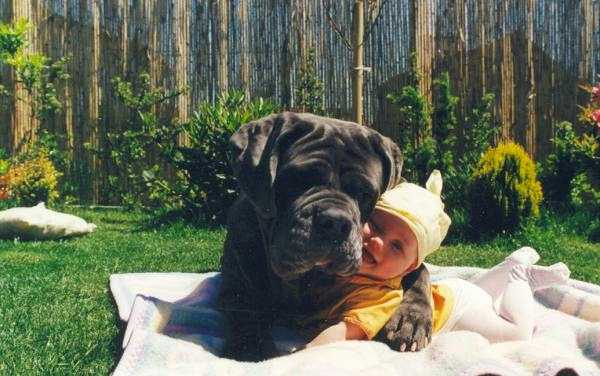Being on good terms with the owner is an important factor in successful training.
⠀
If your dog is used to you and trusts you, that’s great, but there’s one more thing that matters – your emotional state.
⠀
It might seem that it’s not something that would hinder the training process. But, really, would it?
⠀
💙Why is it important to consider your emotions while training?
⠀
🔹When you are calm and confident, this will pass on to your dog. This way, even in a difficult situation, your four-legged friend will remain calm and collected, waiting for your reaction.
⠀
🔹If you’re panicking or frustrated, your dog will get nervous too. And if that happens, what training are we talking about here?
⠀
🔹It might of course be hard to control your emotions and avoid negative feelings, especially if the behavior correction of your dog tends to be a difficult process.
⠀
🔹How to learn to focus on your dog’s success in training?
⠀
It might be hard to notice your dog’s small victories if you’re frustrated.
⠀
▫️But remember: these victories are much bigger than they might seem now.
⠀
▫️Pay attention to the way the distance is getting smaller. Yesterday your dog needed to be 50 feet away from a cat in order to control its temper, but today it’s only 49? Great! Celebrate this little success.
⠀
▫️Focus on the amount of time your dog can keep concentrated on a task or on you. A week ago the training session lasted 3 minutes, but today your puppy is ready to work more even after 5 minutes – consider this great progress.
⠀
▫️Keep an eye on how your pup reacts to external stimuli. Just a few weeks ago you had to run at the sight of a bicycle passing by lest your dog sees it, but today your pet remained calm when one drove by? Amazing! Buy yourself and your dog a treat, you’re doing great!
⠀
Remember: progress comes in waves. There are moments of success, but also of failure at times, and there’s nothing we can do about it. But with time, you will realize that these little failures are getting less numerous, mistakes – less serious, and the progress is getting much more linear.
⠀
Believe in yourself and your dog.
⠀
Tell us about your experience with emotions and training👇

